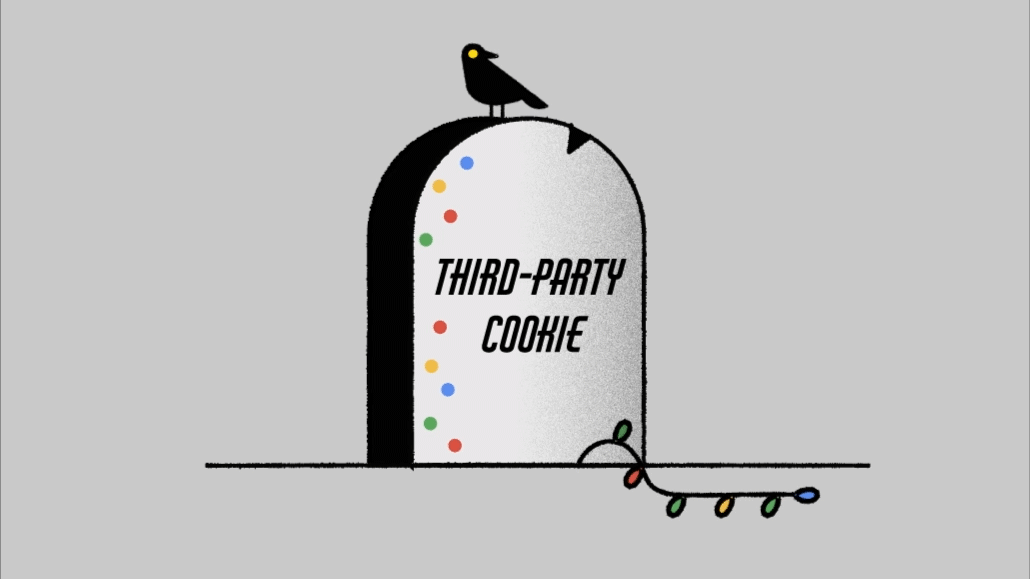Secure your place at the Digiday Media Buying Summit in Nashville, March 2-4
Digiday+ Research: Publishers have scaled back their third party cookie prep

This research is based on unique data collected from our proprietary audience of publisher, agency, brand and tech insiders. It’s available to Digiday+ members. More from the series →
Several publishers have talked about how they plan to remain diligent in their post-cookie planning even after Google pushed its deadline back by almost two years.
But plenty of them have responded by hitting the snooze button too, scaling back on some of the tactics they were exploring just a few months earlier, according to new Digiday+ research.
At the beginning of 2021, Digiday asked 116 publishers to identify all the ways they were preparing for the end of third-party cookies by selecting from a list. Digiday asked its panel the same question again in July 2021 and got 126 responses.
While the respondents — and the exact number of them — in each sample was not identical over time, their composition was similar; in both samples, Digiday received at least 30 responses from publishers that generated less than $10 million in revenue per year, 30 responses from publishers that generated between $10 million and $50 million, and 30 responses from publishers that generate more than $50 million per year.
On the whole, publishers appear to be a lot less worried about the impact that third-party cookie deprecation will have on their businesses. Just six months ago, close to 60% of survey respondents said they were worried about how the end of third-party cookies would affect their ability to target and measure ads, and close to half of respondents said they thought the loss of third-party cookies would hurt their businesses.
The changed timeline may also explain why so many publishers still aren’t actively preparing for the end of third-party cookies. A third of respondents to the third-quarter survey said they weren’t actively preparing for the end of third-party cookies, and that number is close to flat compared to where it was in the first quarter.
Today, less than half of respondents said they were worried about those things, and many of the tactics that publishers said they were using appear to have been temporarily abandoned.
In addition to the extended deadline, publishers are also balancing their future plans with their present opportunities. With digital ad spending still rebounding, publishers’ direct ad sales are healthier than they’ve been in a year: The share of publishers that said direct-sold advertising is now at least a “large” portion of their revenues is up 25 percentage points from where it was one year ago.
More in Media

From feeds to streets: How mega influencer Haley Baylee is diversifying beyond platform algorithms
Kalil is partnering with LinkNYC to take her social media content into the real world and the streets of NYC.

‘A brand trip’: How the creator economy showed up at this year’s Super Bowl
Super Bowl 2026 had more on-the-ground brand activations and creator participation than ever, showcasing how it’s become a massive IRL moment for the creator economy.

Media Briefing: Turning scraped content into paid assets — Amazon and Microsoft build AI marketplaces
Amazon plans an AI content marketplace to join Microsoft’s efforts and pay publishers — but it relies on AI com stop scraping for free.








